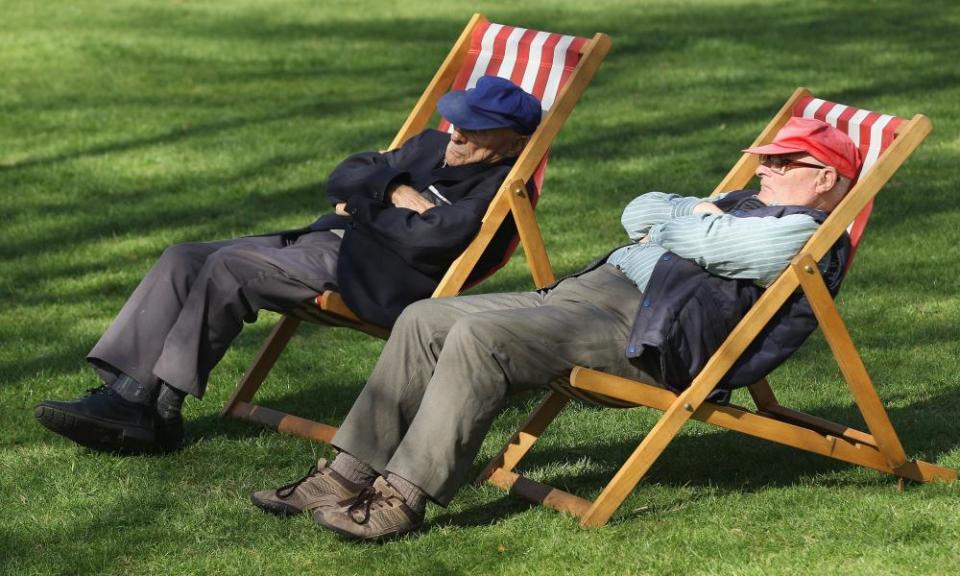'Staycation': should we remain in the country or just stay home?

Are you on a “staycation”? Camping supplies are running low as Britons test the delights of holiday spots within these islands, but doesn’t “staycation” properly mean staying in your residence, rather than just in the same country?
The word has long been ambivalent on this matter. For Time Out New York in 2006, a staycation meant staying in New York City; for this newspaper in 2013 it meant not venturing out of the country; but for the Washington Post in 2005, it definitely meant staying at home and enjoying such creature comforts as “300-thread-count sheets, stainless outdoor fire pit, well-stocked fridge”.
The ur-example, though, is from July 1944, when a beer advert in the Cincinnati Enquirer offered some patriotic tips for quaffers of Felsenbrau Supreme (“It’s Aged In the Hills”, and haven’t we all?), including: “Take a Stay-cation instead of a Va-cation, this year. Trains and buses are crowded. Gasoline and tires must still be conserved.” There was a war on, and it is in times of stringency that staycations become advisable. Happily, then, linguistic history authorises us to describe sitting at home drinking ice-cold beer as a “staycation” too.
• Steven Poole’s A Word for Every Day of the Year is published by Quercus.

